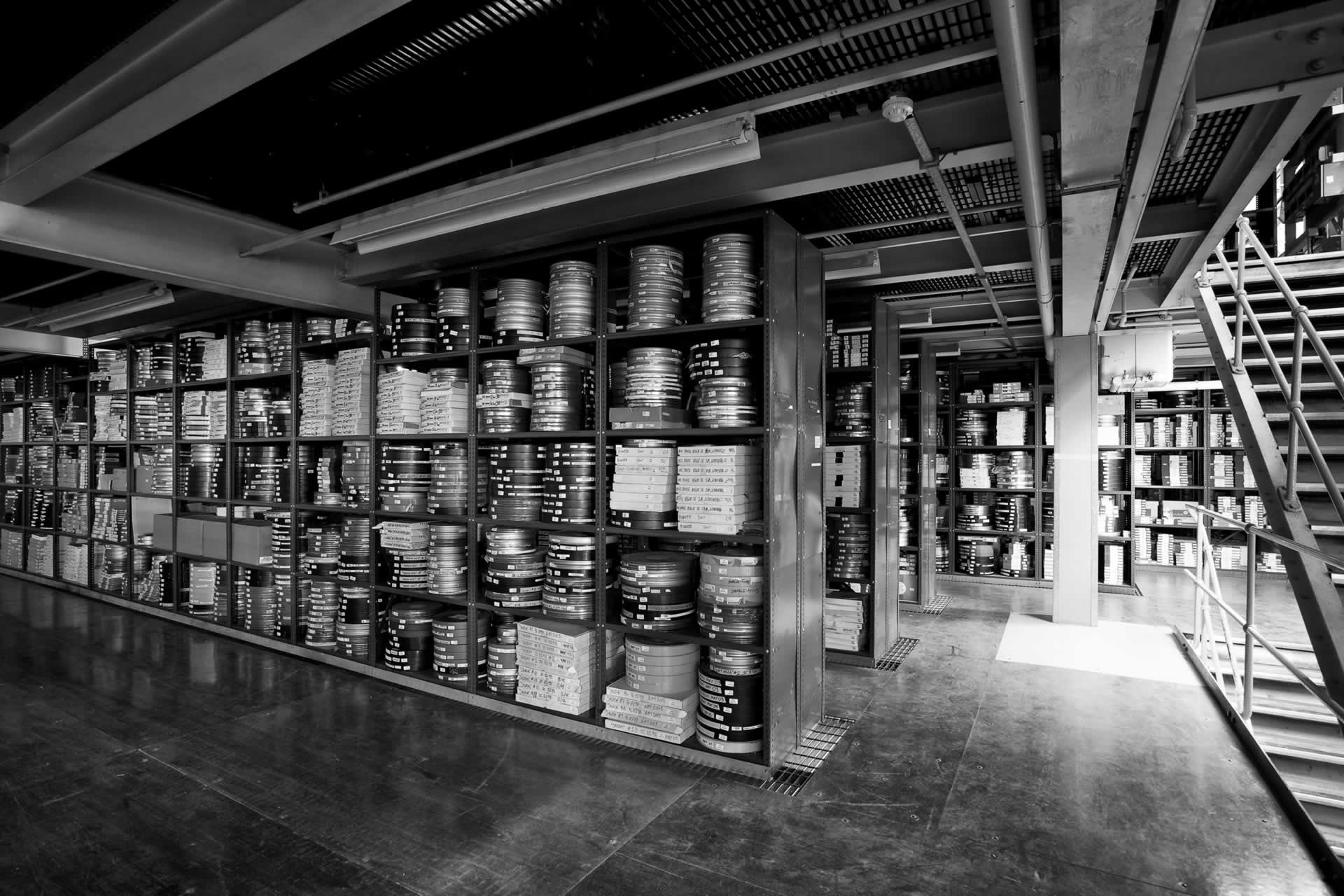Essential Strategies for Staying Ahead in Data Security in 2025
It may be a new year, but is your business still using the same old data security measures as last year? If so, read on to see how your data, both digital and physical, can be kept safe for the year ahead.
We’ve compiled a list of common mistakes made in the workplace relating to data security. Our tips will help you to prevent vital data from going missing or falling into the wrong hands.
Update passwords
You may have been using a simple and memorable password across multiple accounts, and as discussed in our blog about the passwords you should avoid, it could now be a good time to change your passwords to better protect your security. Whilst a simple password may have served you well in the last year or so, cybercriminals only need to find their way into your system once.
If you are an office manager or head of IT, perhaps install a policy that asks for quarterly password changes. Consider recommending the use of a password manager – these systems generate and save complex passwords that are unlikely to be worked out by hackers.
Two-factor authentication (2FA) could also be worthwhile for access to specific applications or systems.
Ensure all software updates have been completed
The return to work after the Christmas break can mean coming back to software that is no longer up to speed. Systems running outdated software tend to have weaker levels of security, providing hackers with an easier route into your valuable files. It’s therefore an important step to ensure everyone in your office has performed the latest updates on all systems upon returning to work.
Take stock of your IT equipment
Do you have older laptops, computers or portable hard drives that have been in the business for a long period of time? Even if they are not being used, they may still contain important data, even if you think you’ve deleted everything. You should look at how to destroy a hard drive safely so that no data is retrievable if a device falls into the wrong hands. Consider where these spare devices are stored, too. If they are out of commission for now but may be considered for use in the future, offsite storage allows them to be kept safely out of reach until you need them again.
Train staff on best practices
Depending on the size of your business, there could be multiple departments using a variety of storage devices and technology. Enforcing best practice protocols for data handling, disposal and storage will go some way to reducing the risks of a breach.
Look at specific cyber-security training that allows staff to spot potential problems. It is also worth having a reporting procedure in place so that issues can be elevated up the chain of command to the right people.
You should also provide training on the best practices for storing portable storage devices, USB sticks, memory cards and more; these are all prone to loss due to their small size. Having a plan in place for how they should be stored can remove the risk of loss, plus any potential data breach risks.
Consider access rights
Not everybody needs access to everything, and in most cases, your team can be trusted. However, it is still possible that an employee sees something confidential or sensitive. If such information is shared, this could put the company or individuals at risk.
To mitigate this, consider role-based access to ensure only the appropriate people have a route to obtain specific information. This should be reviewed frequently to align with any changes in the business and its personnel.
Correct storage and deletion
Some data won’t be needed until later in the year and some may never be needed again. You should conduct an audit of the files and equipment that are in use, which will help establish anything no longer needed or not required until later in the year. You can then determine anything that needs to be destroyed, what should be moved into storage and what may need an enhancement of security protocols.
For any hard drives or physical documents that need shredding, it is worth opting for a professional document shredding service to carry this out. Their equipment means that no trace of the valuable data can be pieced together by criminals.
If particular items require storing until a later date, you may be able to use the same company for secure data storage. This could involve the transfer of data from your hard drives to LTO tapes, a form of storage that provides safe, long term digital storage with inbuilt encryption.
In addition, if you wish to store something that isn’t digital, research the options for general business storage. Specialist facilities can hold your files, documents and equipment until it is next needed, keeping items safe and out of the reach of criminals.
Should you be looking to enhance the security of your business in 2025, speak to Stockroom London. Our vast storage facility allows businesses to store their confidential information, digital files, hardware and more. With each item carefully catalogued and kept within a secure facility, you can rest assured that there is no risk of your important information being stolen. Before you go ahead and book a slot, follow our checklist for sending documents to offsite storage, helping to prepare you for a secure year ahead.




